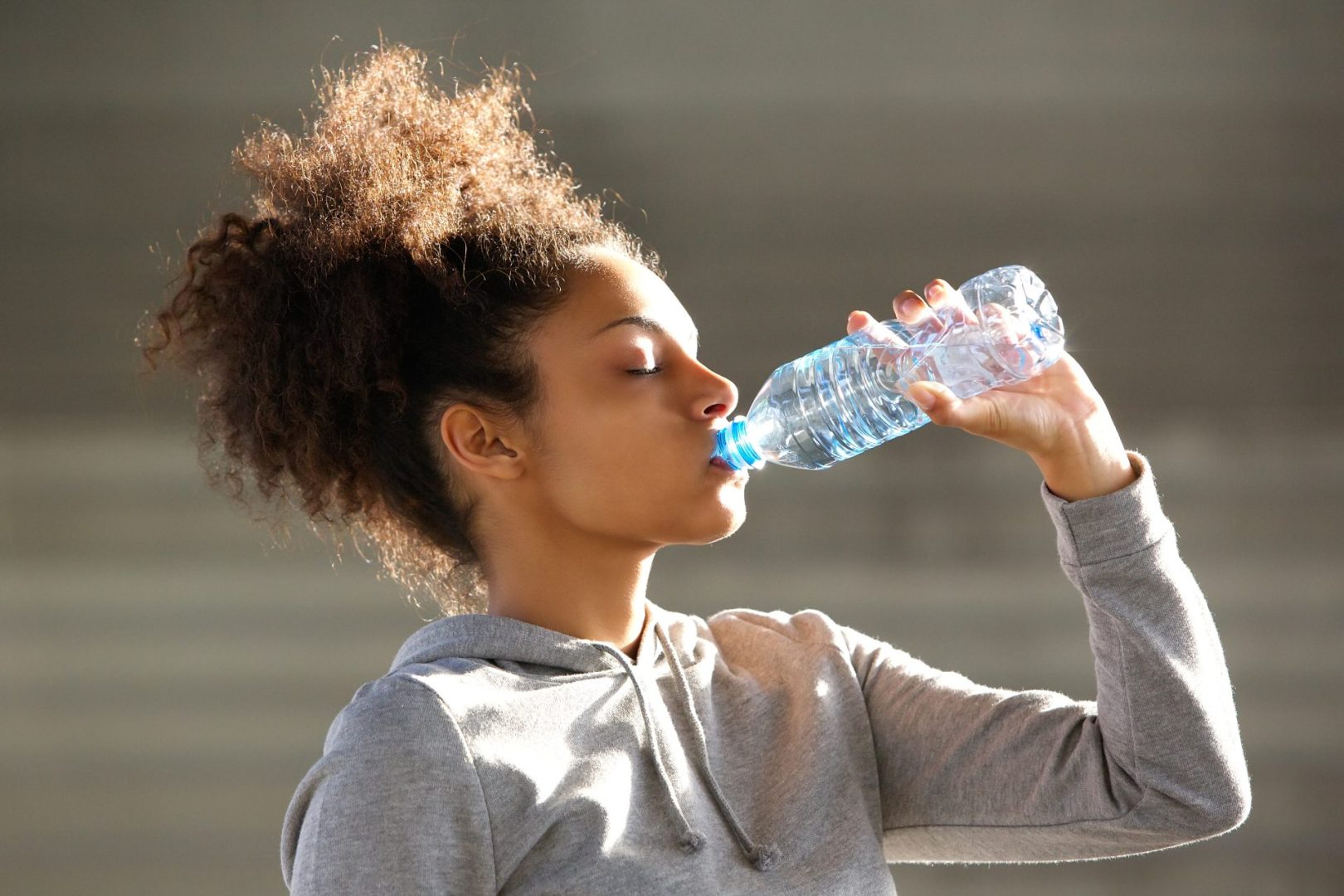The connection between water intake and blood sugar control remains surprisingly underrecognized in both clinical settings and everyday health discussions. While nutrition and exercise dominate conversations about blood sugar management, adequate hydration plays an equally crucial yet often invisible role. Even mild dehydration can trigger significant blood glucose elevations through multiple physiological mechanisms that affect both diabetic and non-diabetic individuals alike. This hidden relationship helps explain why some people experience unexplained blood sugar spikes despite careful attention to diet and other lifestyle factors.
The body’s intricate systems for maintaining glucose homeostasis depend heavily on proper fluid balance. When water intake falls below optimal levels, these regulatory mechanisms face increasing challenges that can directly influence blood sugar readings. Understanding these connections creates opportunities for simple yet effective interventions that complement conventional approaches to blood sugar management.
Blood concentration increases glucose measurements
One of the most direct ways dehydration affects blood sugar involves simple concentration effects. When your body loses water without adequate replacement, blood volume decreases while the amount of glucose remains relatively unchanged. This concentration effect means each drop of blood contains proportionally more glucose, leading to higher readings that might not reflect actual metabolic dysfunction.
Research demonstrates that mild dehydration, losing as little as 1-2% of body weight through water, can elevate blood glucose readings by 10-15%. For someone monitoring diabetes, this could make the difference between readings that appear within target range versus those indicating poor control.
This concentration effect creates particular challenges during hot weather, intense physical activity, or illnesses involving fever or gastrointestinal symptoms. During these situations, glucose readings may rise not from increased glucose production or decreased utilization, but simply from reduced blood fluid content, creating misleading impressions about metabolic status.
Stress hormone release triggers glycogen conversion
Dehydration represents a significant physiological stressor that triggers your body’s survival mechanisms. Even mild fluid deficits activate the sympathetic nervous system’s fight-or-flight response, leading to increased production of stress hormones, particularly cortisol and adrenaline.
These hormones serve crucial functions during actual emergencies by ensuring adequate energy availability. They signal the liver to convert stored glycogen into glucose and release it into the bloodstream, preparing your body for potential threats. While adaptive during genuine crises, this response creates problems when triggered by everyday dehydration.
The resulting glucose release occurs regardless of actual energy needs, creating unnecessary blood sugar elevations. For individuals with impaired insulin sensitivity, this hormonally-driven glucose increase proves particularly problematic as their bodies struggle to clear the additional sugar from circulation efficiently.
Kidney function changes affect glucose clearance
Your kidneys play a vital but often underappreciated role in glucose regulation. These remarkable organs filter your entire blood volume approximately 40 times daily, carefully reclaiming glucose under normal circumstances to prevent wasteful loss through urine.
During dehydration, kidneys implement water conservation measures, intensifying their reabsorption efforts to maintain blood volume. Research indicates that this enhanced reabsorption activity also increases glucose reuptake from forming urine back into the bloodstream, even sometimes exceeding the kidneys’ normal glucose threshold.
This adaptation, while preserving both water and energy resources during temporary water scarcity, contributes to elevated blood glucose levels. The effect becomes particularly significant in people with diabetes, whose kidneys may already struggle with appropriate glucose handling due to diabetes-related changes in kidney function.
Insulin resistance increases temporarily
Proper cellular hydration plays an essential role in insulin sensitivity. Individual cells function optimally within specific hydration parameters, with research demonstrating that dehydrated cells exhibit temporarily reduced responsiveness to insulin signaling.
This decreased cellular sensitivity means that even if your pancreas produces adequate insulin and your blood delivers it correctly, dehydrated cells respond less effectively to the hormone’s glucose transport instructions. The resulting temporary insulin resistance contributes to higher blood sugar levels until proper hydration restores normal cellular responsiveness.
The peripheral tissue most affected by this hydration-related insulin resistance appears to be skeletal muscle, which normally serves as the primary site for glucose disposal after meals. When muscle cells cannot efficiently take up glucose due to dehydration-induced insulin resistance, blood sugar levels remain elevated for extended periods.
Digestive function slows with inadequate fluids
Proper hydration significantly impacts digestive processes, including the rate at which your body absorbs carbohydrates from food. With adequate fluid levels, digestion proceeds normally, allowing for measured glucose absorption that your insulin response can appropriately manage.
During dehydration, digestive function often becomes delayed and less efficient. This altered digestive timing can lead to unpredictable glucose absorption patterns, sometimes creating unexpectedly large or delayed blood sugar increases after meals. These irregular absorption patterns can challenge even careful carbohydrate counting and insulin timing strategies.
This digestive impact helps explain why some people experience seemingly random post-meal blood sugar patterns despite consistent food choices and medication schedules. Varying hydration levels may create significant day-to-day differences in how quickly meal carbohydrates enter the bloodstream, complicating glucose management efforts.
Thirst mechanisms mimic hunger signals
The body’s mechanisms for signaling thirst and hunger share neural pathways that can create confusing crossover sensations. Research indicates that many people, particularly older adults, misinterpret early dehydration cues as hunger signals, leading to unnecessary eating when the body actually needs fluid.
This confusion between thirst and hunger leads some individuals to consume calorie-containing foods or beverages in response to dehydration, further elevating blood glucose levels through actual carbohydrate intake rather than just the physiological effects of dehydration itself.
The hypothalamus, which regulates both hunger and thirst, demonstrates less distinct signaling between these drives than previously thought. Staying adequately hydrated helps maintain clearer distinction between genuine hunger and thirst signals, potentially reducing unnecessary eating that impacts blood sugar levels.
Implementing strategic hydration practices
Addressing hydration consciously requires more than simply reacting to thirst, which research shows typically occurs only after dehydration has already begun affecting physiological functions. Proactive hydration strategies focus on regular fluid consumption throughout the day rather than waiting for thirst signals.
For most adults, consuming 8-12 eight-ounce glasses of water daily provides adequate hydration, though needs vary based on body size, activity level, climate, and certain medical conditions. People with diabetes often require additional fluids, particularly when blood glucose runs high, as elevated sugar levels increase fluid loss through increased urination.
The timing of fluid intake also impacts blood sugar management. Drinking water 30 minutes before meals helps ensure proper digestive function while potentially reducing excessive hunger that might lead to overeating. Consuming a full glass of water with medications or before blood glucose testing can help minimize dehydration-related effects on medication absorption and glucose readings.
Water quality matters for metabolic health, with some research suggesting that adequate mineral content, particularly magnesium, improves insulin sensitivity. While plain water provides ideal hydration, unsweetened tea and very diluted fruit-infused waters offer flavorful alternatives without adding carbohydrates that might affect blood sugar.
This simple yet powerful connection between hydration and blood glucose levels creates an accessible intervention point for anyone concerned about metabolic health. While proper hydration alone cannot overcome significant insulin resistance or pancreatic dysfunction, it provides an important foundation that enhances the effectiveness of other blood sugar management strategies.
















